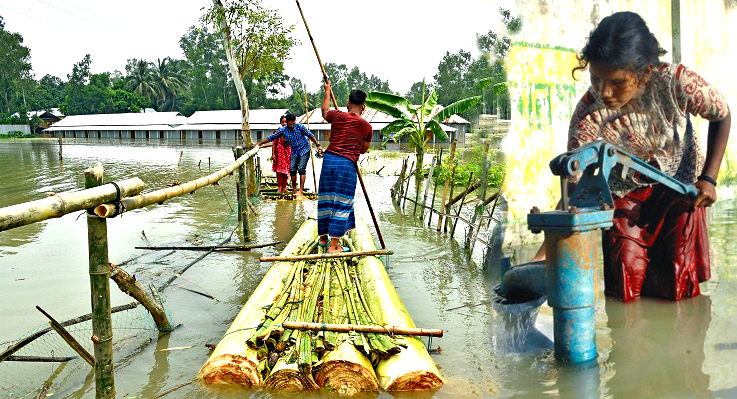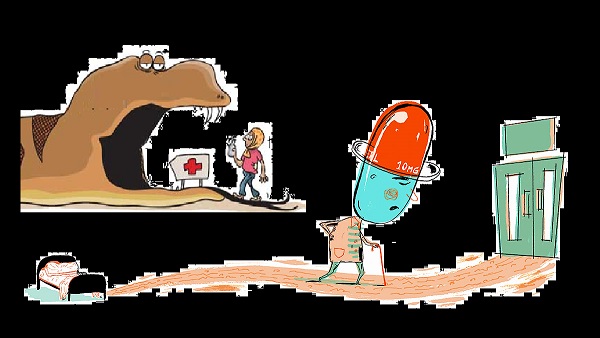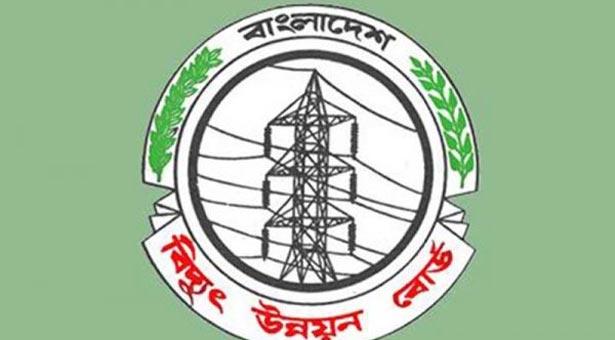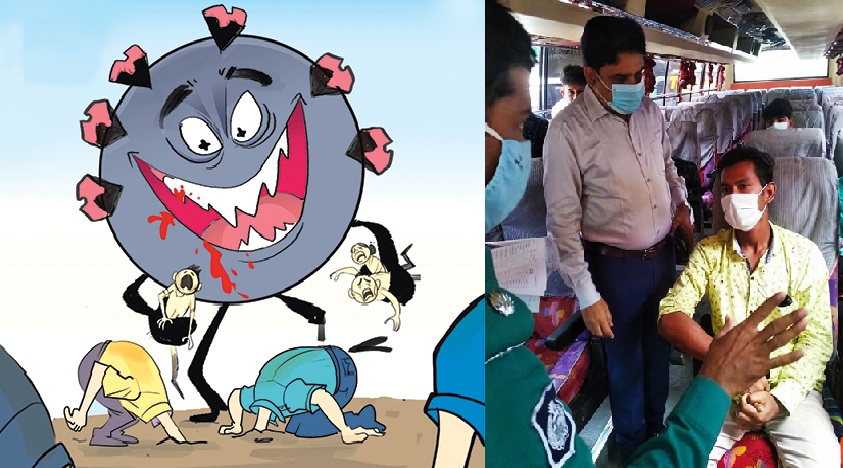A humanitarian crisis is looming as thousands of people gathered on embankments or at shelters without having access to sanitation and safe drinking water with a fresh flood warning predicting that ongoing flood would last two more weeks.
On Wednesday, the first death from diarrhoea was reported at a family sheltered on an embankment at Pirgacha of Rangpur while the official number of diarrhoea patients in the 17 flood-affected districts has increased more than five folds to 1,216 from 236 in the last six days.
The number of patients suffering from respiratory tract infection owed to unclean water and unhygienic environment increased 13 folds in the affected districts to 281 from just 21 during the same time, according to an estimate of health emergency control room of the government.
Other diseases such as skin diseases also spread rapidly, increasing nearly four times during the same time, showed the official estimate, which also put the number of death from drowning and snakebite at 37 since June 30.
‘Physicians are unwilling to go to work among flood victims because of the fear of COVID-19,’ Rangpur divisional health director Amin Khan Sarker told new Age.
The threat of ordinary diseases such as diarrhoea and respiratory tract infection is greater than the COVID-19 in the flood-affected areas where natural drinking water sources are washed away by rivers while all government tube wells stay completely submerged under water.
Dozens of people were sharing the same toilet, which is just a place of open place for defecation covered with polythene sheets, on embankment or at shelters as the government made no sanitary arrangement there.
Julekha Bewa, 57, died of dehydration after suffering from diarrhoea, confirmed Rangpur civil surgeon Hirombor Kumar Roy.
There were 3,500 people living on the embankment in Pirgachaa where no medical team ever visited since the flood started on June 27.
Only one of the four embankments, where hundreds of families have been living for a week or long, had a tube well, which was installed by the flood victims themselves.
‘The public health engineering department was supposed to build enough toilets and make drinking water available for flood victims,’ said Kurigram deputy commissioner Rezaul karim.
Rangpur division is the worst flood-hit area where over 6 lakh of the total 14.56 lakh flood-hit people live in eight districts.
The Brahmaputra, Dharla and Teesta and their tributaries flowed over their danger marks in seven places in Lalmonirhat, Kurigram, Gaibadnha and Panchagarh districts.
The government estimate shows that 28,544 people sought refuge on embankments while 31,920 were at shelters opened at educational institutions in the districts until Wednesday.
The health condition of those stranded remained largely unknown with road communications cut off with them and many of them lacking boat to travel miles of flooded land to seek health care.
‘I have not seen such a great flooding in my life,’ said Abu Sayed, 61, who came to live on a Kurigram embankment just after the flood began 20 days ago.
Water Development Board said that 621 houses were devoured by rivers in the eight flood-affected northern districts between Tuesday and Wednesday.
‘The government have been warned that we were at risk of erosion before the flood but help did not arrive,’ said Kamal Hossain, chairman, Dohogram union parishad, where 167 houses got eroded between Tuesday and Wednesday.
A special medium-range flood outlook of Flood Forecasting and Warning Centre said on Wednesday that flooding would continue through the month as heavy rains are likely in the upstream from Monday.
The flood outlook said that rivers may recede slightly between Friday and Sunday but would rapidly rise again to cause flooding in the Brahmaputra, Ganges and Meghna basin.
The districts of Kurigram, Bogura, Gaibandha, Jamalpur, Sirajganj, Tangail and Manikganj will remain under water for the next five days and would get fresh areas inundated afterward, said the FFWC.
It said that the rivers around Dhaka may rise but would not overflow.
New Age correspondent in Manikganj reported that heavy current in the River Padma hampered ferry service between the Paturia Ghat and Daulatdia, creating four km tailback on Dhaka-Aricha highway.
New Age correspondent in Munshiganj reported that floodwaters entered Louhazang upazila on Wednesday, flooding more than one hundred houses in two villages.
Floodwaters also submerged a road that connected Medinimondal union with the Louhajang upazila.
Over a dozen vill















